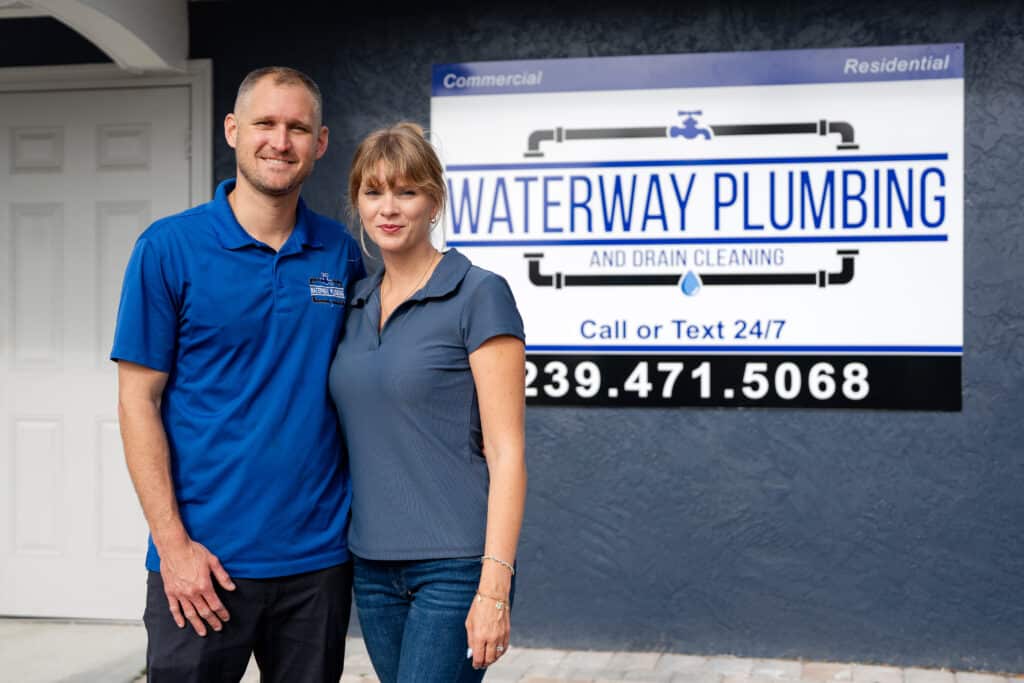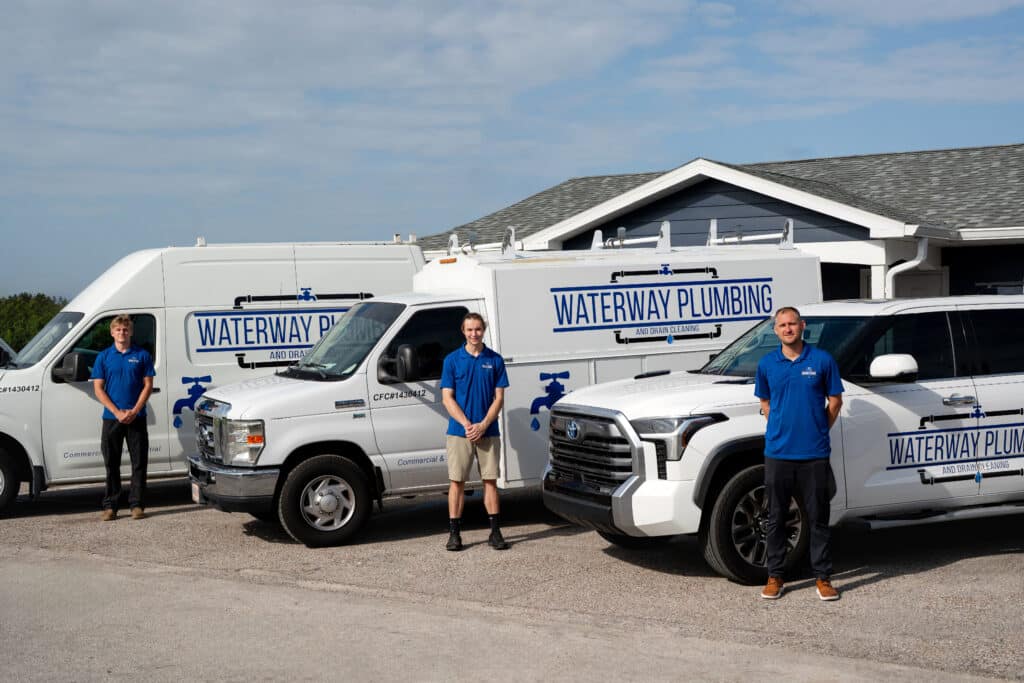Hot water is something most of us use every day without thinking twice. From washing dishes to taking showers, it’s hard to imagine going without it for long. That’s why a broken water heater can feel like a major disruption. When the hot water suddenly runs cold, it’s not just an inconvenience — it can throw off your entire routine. Whether you’re getting ready for work or trying to clean up after dinner, no one wants to deal with an unexpected water heater issue.
If your water heater stops working, it could be due to a number of reasons. Some are small and easy to fix, while others call for immediate attention from a plumber. Learning the common causes can save you stress and help you act fast when problems come up. Here are some of the most typical reasons a water heater might quit working and what you can do next.
No Hot Water
When your water heater produces no hot water at all, it often points to a complete system failure. This might be caused by:
– A tripped circuit breaker or blown fuse (for electric units)
– A faulty gas pilot light or thermocouple (for gas models)
– Defective heating elements
– Malfunctioning thermostat
These issues can stop your system from heating properly. Electric water heaters rely on one or two heating elements to warm the water inside the tank. If one of these elements burns out, the water will stay cold. Thermostat problems can also keep the heater from responding to current water temperatures. For gas models, the issue might be with the pilot light going out or the gas supply being interrupted.
Skipping regular checkups makes it easier for these problems to sneak up. That’s why routine maintenance like flushing the tank, checking the thermostat, and inspecting the components can help steer clear of sudden failures. One homeowner in Fort Myers shared how they lost hot water right before hosting a weekend barbecue. The cause? A heating element that had quietly stopped working months ago. A quick inspection earlier would’ve kept the party on track.
Insufficient Hot Water
Sometimes the water heater runs, but the supply of hot water doesn’t last long. This can be especially noticeable during high-use times, like morning showers. Several factors can lead to this issue:
1. Sediment buildup: Over time, minerals from hard water settle at the bottom of the tank. This buildup creates an insulating layer between the heating element and the water, making heating less effective.
2. Thermostat settings: If the thermostat is set too low, the water won’t heat to a comfortable temperature.
3. Damaged dip tube: This tube sends cold water to the bottom of the tank, where it’s heated. If it’s broken or worn out, cold water may mix with hot water at the top and lower the overall temperature.
Lack of hot water can also happen if your household’s hot water demand has recently increased. Maybe you added a new bathroom or moved in with more people. The existing water heater could be undersized for your current needs.
Professional inspections and maintenance can catch these problems before they leave you standing in a cold shower. During a visit, a plumber can flush the tank to remove sediment and replace worn parts, helping restore consistent hot water.
Strange Noises From the Water Heater
Hearing odd sounds from your water heater? It’s not something to ignore. Noises like popping, banging, or rumbling could suggest there’s sediment buildup in the tank. As water is heated, these minerals can form into hard deposits and make noise as they bump around. This not only leads to strange sounds but also decreases heating efficiency.
Banging noises might also be the result of fluctuating water pressure or a malfunctioning heating element. The element could be burning out or experiencing constant ignition and shutdown cycles. Ignoring these noises can lead to more costly repairs later. Having a professional examine and flush your water heater can eliminate the sediment and keep your system silent.
Leaking Water Heater
Leaks are another sign your water heater needs attention. If you spot water pooling near the heater, it might be coming from the temperature and pressure relief valve, loose connections, or a crack in the tank.
– T&P valve: This valve releases water when the pressure is too high. If it’s malfunctioning, it might leak.
– Connections: Over time, fittings can loosen or rust, causing leaks around pipes.
– Tank: Older tanks can corrode and develop cracks or rust spots, leading to leaks.
Catch leaks early to prevent water damage and keep repair costs down. Regular checks are key to spotting these problems before they become serious. If you notice wet patches around your tank or dripping water from valves and connections, call for help right away.
Maintain Reliable Hot Water Access
It’s clear that water heater issues shouldn’t be ignored. Regular maintenance, timely repairs, and professional inspections help spot and solve problems before they turn urgent. By maintaining your water heater, you ensure a steady supply of hot water, reduce unexpected breakdowns, and extend the life of your unit.
Consider setting a reminder to schedule annual maintenance checks. Keeping up with these will help catch potential problems early, making sure your showers stay warm and your household routines run smoothly. If you need expert help, make sure to reach out to a local professional, especially in Fort Myers, where the climate demands efficient hot water systems year-round.
Ensure your water heater remains in top shape by addressing issues as they arise. If you’re in Fort Myers and need help with repairs or maintenance, trust Waterway Plumbing & Drain Cleaning for reliable service. Getting timely water heater repair in Fort Myers can keep your system running smoothly and help you avoid unexpected breakdowns. Real peace of mind comes from knowing experts have your back, ensuring hot water is one less thing you have to worry about.




